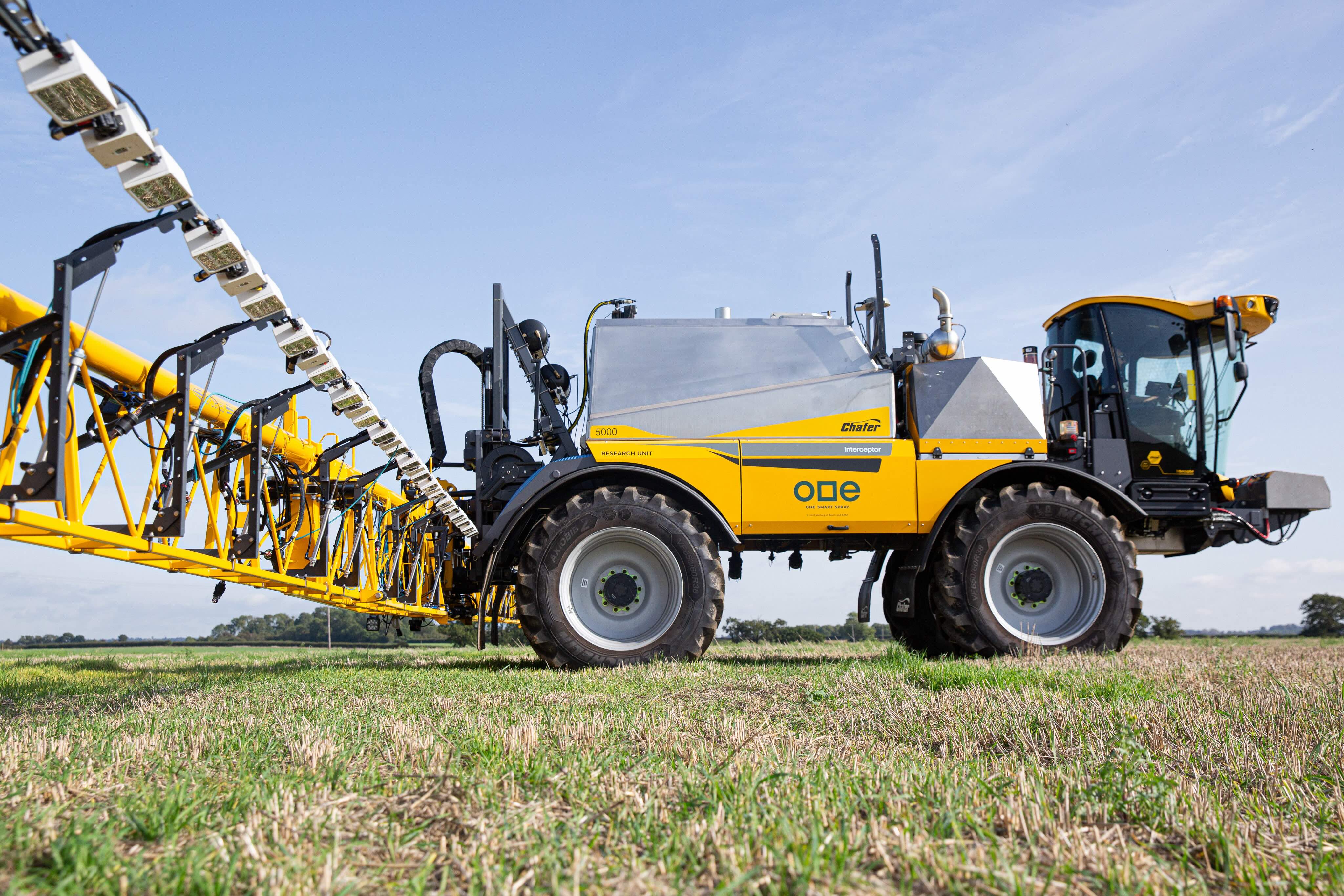Key Takeaways
- Bosch leads a three-year AI-led project to tackle black-grass in UK farms.
- The project, supported by DEFRA and Innovate UK, has reached its midway point.
- The project involves collaboration with BASF Digital Farming, Chafer Machinery, and Rothamsted Research.
- AI and precision farming technology aim to reduce black-grass impact on wheat crops.
- The initiative shows promising early results in black-grass identification and management.
Bosch’s AI-Led Project Aims to Revolutionize Weed Management in UK Farming
Bosch, alongside BASF Digital Farming, Chafer Machinery, and Rothamsted Research, is advancing an AI-led project designed to revolutionize weed management in the UK farming industry. This initiative, now marking almost two years of progress, aims to address the persistent issue of black-grass (Alopecurus myosuroides), a weed that severely impacts wheat crop yields and farm productivity.
Addressing the Black-grass Challenge
Black-grass is a significant threat to UK cereal production, responsible for up to 800,000 tons of wheat losses annually, equating to economic losses of around £400 million. Bosch leads the research and development consortium, which was awarded a grant of £1,452,614 from DEFRA and Innovate UK under the Farming Innovation Programme – Small R&D Partnership Projects.
The consortium, comprising experts from BASF Digital Farming, Chafer Machinery, and Rothamsted Research, aims to develop precision farming technology and artificial intelligence solutions to mitigate the impact of black-grass on UK farms.
Midway Progress and Innovations
Halfway through the three-year project, significant advancements have been made. The project focuses on using the Bosch/BASF ‘ONE SMART SPRAY’ technology, enabling Chafer Machinery to develop a camera-equipped self-propelled sprayer for black-grass mapping and precision spraying. This technology uses AI to identify weeds and generate precise weed maps, which Rothamsted Research uses to define agronomic measures and variable rate herbicide applications.
Bharath Jayakumar, Innovation Lead at Bosch UK, stated, “In the UK, black-grass is seen as one of the biggest issues for farmers. If we are able to address the black-grass challenge, it will be beneficial to the environment, our ecosystem, the soil, the crops – and also to all of us as end users of the product.”
Advancements in Technology and Data Collection
Over the past year, the project team has trained a high-precision AI model to recognize black-grass in greenhouse environments and is nearing the completion of a prototype for field use. The sprayer, equipped with cameras, captures high-quality images of weed growth, which experts from Rothamsted Research then analyze.
The project has seen the development of the Chafer sprayer, initially equipped with 12 cameras and 24 lights. This setup has now been expanded to 30 cameras and 60 lights, covering the full width of the sprayer boom, enhancing the data capture and weed identification process.
Future Prospects and Benefits
As the project progresses, weekly scans during key growing seasons generate detailed black-grass maps, informing an integrated weed management plan. Bosch’s sensor, software, and AI technology aim to enable UK farmers to better target black-grass and potentially other economically significant weeds such as Ryegrass.
“We’re already seeing first-hand the possibilities with this project, proving that our sensor, software and AI technology can make a difference for UK farmers,” Jayakumar added. “In future we can also look at other economically important grassweeds such as Ryegrass.”
The funding for this project is part of Defra’s Farming Innovation Programme and the UKRI Transforming Food Production challenge, underscoring the commitment to innovative solutions in UK agriculture.


